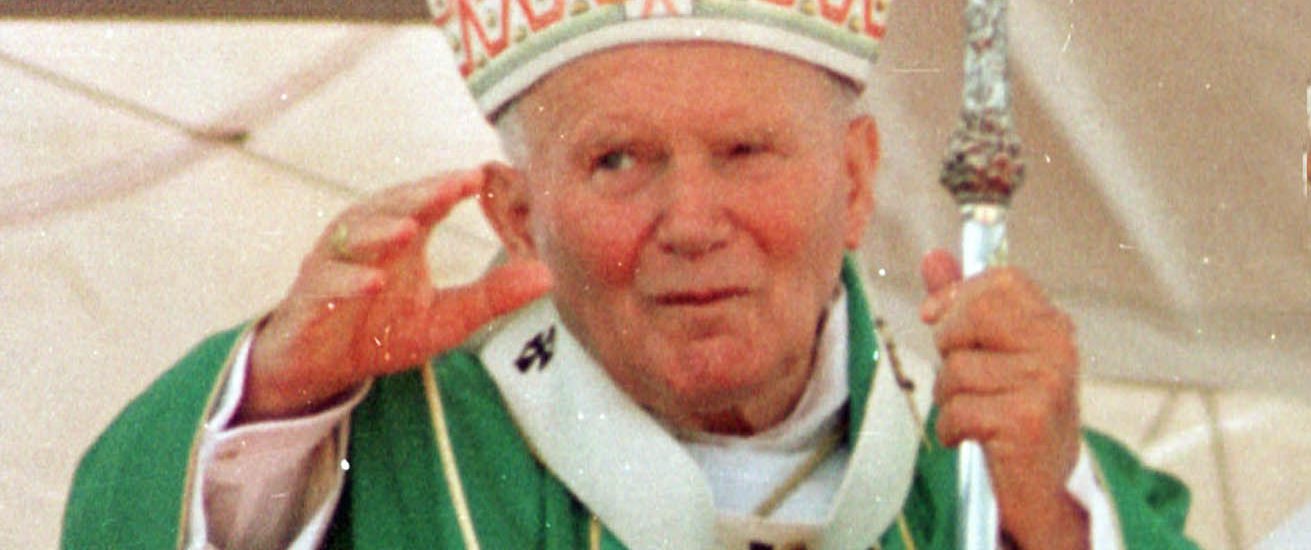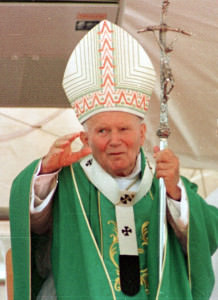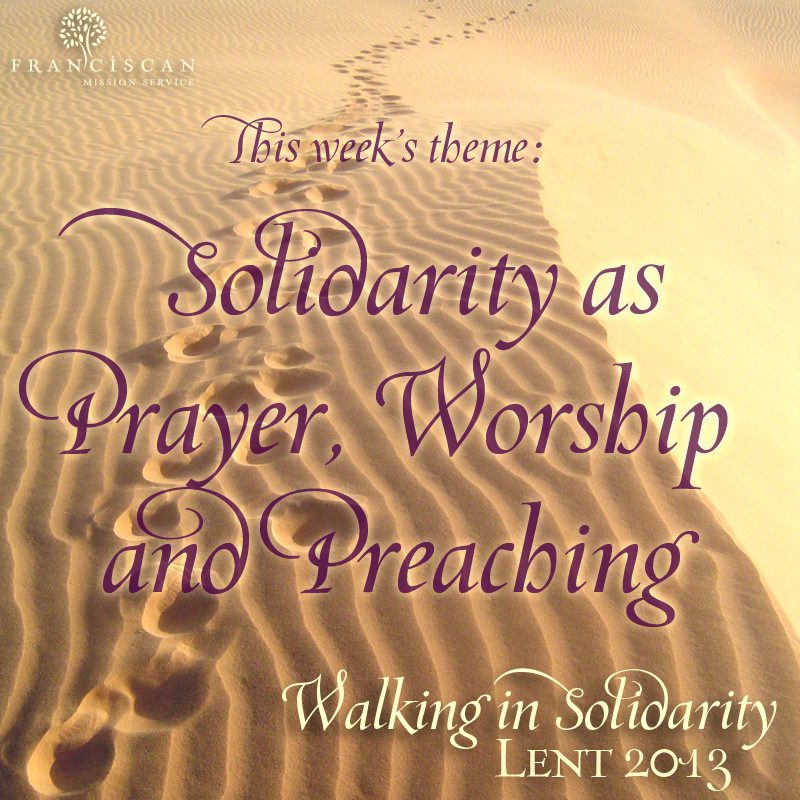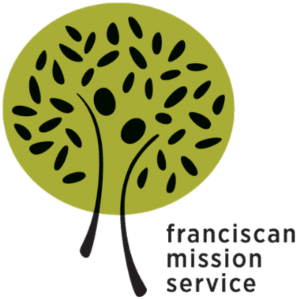Tools for Fostering Solidarity Through Prayer, Worship, and Preaching

On Wednesdays during this Lenten series, “Walking in Solidarity,” we offer tangible ways you can live out the theme for the week. We offer tips and resources, and encourage you to post in the comments your own suggestions. This collaboration fosters even greater solidarity.
This week we’re looking at solidarity through prayer, worship and preaching.
PRAYER AND WORSHIP
There is no lack of prayers for solidarity. If you have a favorite, please share it with us!
Education for Justice, from our neighbors at the Center of Concern, has a great collection of prayers for solidarity ranging from general global solidarity to specific solidarity for people in certain countries or victims of certain injustices. One of the more broad prayers that stood out to us (but it is too long to reproduce here) is “Prayer for a Globalization of Solidarity” by James E. Hug, S.J.
If you want more than a singular prayer, the United States Conference of Catholic Bishops has available online an entire service for solidarity with Africa titled, “Africa Rising: Hope and Healing Prayer Service.”
PREACHING
Here are just two examples pantheon of spiritual leaders whose spirit we can follow when it comes to speaking about solidarity.
Pope John Paul II In pursuit of solidarity, Pope John Paul II called for a worldwide effort to promote development, an effort that “involves sacrificing the positions of income and of power enjoyed by the more developed economies” in the interest of “an overall human enrichment to the family of nations.”
In pursuit of solidarity, Pope John Paul II called for a worldwide effort to promote development, an effort that “involves sacrificing the positions of income and of power enjoyed by the more developed economies” in the interest of “an overall human enrichment to the family of nations.”
Solidarity challenges us to look at the divisions in our world, and John Paul challenged the growing gaps between rich and poor nations and between rich and poor within nations. Peacemaking is the work of solidarity, he said, and this global responsibility of overcoming divisions is essential.
The late pope’s writings on solidarity on which you may want to reflect include:
- Centesimus Annus – Written in 1991 for the 100th anniversary of Pope Leo XIII’s “Rerum novarum” John Paul II writes, “Sacred Scripture continually speaks to us of an active commitment to our neighbor and demands of us a shared responsibility for all of humanity. This duty is not limited to one’s own family, nation or state, but extends progressively to all . . . so no one can consider himself extraneous or indifferent to the lot of another member of the human family.”
- Sollicitudo Rei Socialis – “The Social Concerns of the Church” looks at global development and its ethical/moral dimension. It builds on Pope Paul VI’s 1967 Populorum Progressio, or “The Development of Peoples,” which addressed the world economy and its effect on peoples around the world.
“Since we live in a world that is increasingly interdependent, the destinies and problems of the different regions are linked together. As God’s Family on earth, the Church should be the living sign and efficacious instrument of universal solidarity for building a worldwide community of justice and peace.” – Pope John Paul II
Oscar Romero, Archbishop of San Salvador 
“I am a shepherd who, with his people, has begun to learn a beautiful and difficult truth: our Christian faith requires that we submerge ourselves in this world.”
Oscar Romero became head of the church in El Salvador during a time when the government, with the support of the military and wealthy families, were attacking the poor. Romero saw this as going against the teachings of Jesus and called for peace. To the victims of violence, he preached that Jesus was suffering in them. To murderers, he preached that they were crucifying Jesus when they killed others, and that even though they killed people, God still loved them.
Romero risked his life to physically and spiritually walk in solidarity with the poor and oppressed. Ultimately, he was assassinated on March 24, 1980 while celebrating Mass.
The martyr left behind an inspiring legacy. In 1989, a movie called “Romero” came out chronicling his life. Bishop Ken Untener of Saginawin wrote a prayer in his memory called, “A Step Along the Way,” which has come to be known as the “Romero Prayer.”
To aid you in your own prayer, use this Taize video presentation of the Romero prayer and icons of other leaders of solidarity and service to reflect on how you yourself might lay foundations for solidarity this Lent.
Tagged in:


